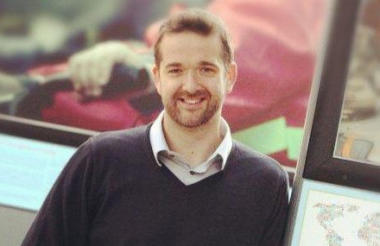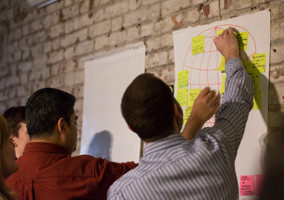If the charity sector does not get to grips with how people’s expectations and behaviour has changed then its skills and expertise risk being lost, an audience of charities heard yesterday.
Dan Sutch, director and founder at the Centre for Acceleration of Social Technology (CAST) was speaking launch of digital design principles for charities, which were created by CAST in collaboration with charities and funders.
He said he was “concerned” that the sector was not rising to the digital challenge with enough “urgency”.
As an example he said there were there were 250,000 mental health apps which have collectively been downloaded over three billion times but that “less than 0.1 per cent have an evidence base”.
The expertise and evidence base that charities have will “be lost if we can’t respond to changes in people’s behaviour and expectations”, he said.
Sutch called for better collaboration through sharing stories and resources.
“The only way we can respond to the scale of the challenge is a network-based approach,” he said.
Charities ‘failed’ at the first digital hurdle
Also speaking at the launch, Billy Dann head of the influence, impact and investment directorate at Comic Relief, said the sector had “failed” to show leadership to harness digital technology for charities in the early days.
“My challenge to you what is biggest digital transformation for the charity sector?” he asked.
The answer was the fundraising platform, JustGiving.
He said the sector had “failed”.
“We should have invented that, but the private sector came along and did it.”
‘Tech needs to be paid for’
Comic Relief runs a tech for good programme in partnership with the Paul Hamlyn Foundation and Dann also urged potential applicants to make sure they have done their research properly.
“As a funder one of the things we do want is applications that are appropriate and eligible,” he said.
It is important that applicants “understand what is out there first”.
“We are maturing as a sector,” he said, which means it that the suggestion “have idea that nobody else has ever had today is not credible”.
He added that when seeking funding for tech projects it was important to consider sustainability, because software updates, patches and other ongoing costs do “need paying for”.
|
Related articles











